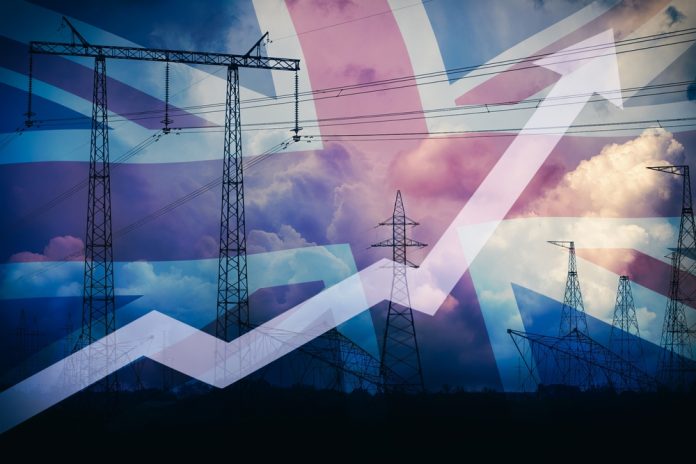Dozens of clean energy projects, including wind and solar power, will jump to the front of the queue for grid connections as the UK Government paves the way for a new era of clean electricity through the Plan for Change to achieve clean power by 2030.
The landmark Planning and Infrastructure Bill will be formally introduced to Parliament this week, laying the groundwork for a new approach to prioritise new transmission infrastructure.
This will unlock growth with £200bn of investment and protect households from the rollercoaster of fossil fuel markets.
Fast-tracking clean energy projects to prioritise growth
Ready-to-go clean energy projects, from solar farms to new factories, currently face lengthy connection waits of up to ten years due to an out-of-date connections process, creating uncertainty for communities and businesses, costing the taxpayer millions of pounds, and weakening the country’s energy security.
The flawed ‘first come, first served’ process is preventing viable infrastructure from being able to connect ahead of speculative projects clogging up the queue and will be replaced by a ‘first ready, first connected’ system that prioritises the right homegrown clean power projects for quicker connections to build an energy system that can bring down bills for good.
For decades, developers, energy companies and businesses have been inundated with lengthy processes and planning delays that have acted as a barrier to growth, and the forthcoming Bill will set out how the delivery process for critical infrastructure will be streamlined.
Decisions for onshore and offshore wind, solar power, electricity grids, hydrogen, carbon capture and nuclear power stations will be fast-tracked to accelerate growth, creating thousands of new jobs, adding billions to the UK economy, and delivering more clean energy for people to heat and power their homes.
A surge in energy security
These changes will not only roll back planning delays to get Britain building but also deliver a more prosperous and energy-secure future for the next generation.
Deputy Prime Minister and Housing Secretary Angela Rayner said: “Time and again, blockers have been allowed to halt progress at every turn, which has weakened our energy security and left our country exposed to soaring energy bills for working people, families and businesses.
“Through our landmark Planning and Infrastructure Bill, we’re taking bold action to fix the broken planning system, paving the way for us to get Britain building more vital infrastructure so our children and grandchildren can grow up in a more energy-secure world.”
New measures will speed up the approval process for nationally significant infrastructure projects by making consultation less burdensome, strengthening guidance to expert bodies and local authorities about their role in the process, and updating National Policy Statements at least every five years to reflect government priorities for infrastructure delivery.
Which energy projects will receive funding?
The government has pledged to make planning decisions on at least 150 major clean energy projects, including wind, solar, and hydrogen, in this Parliament – almost tripling the 57 decisions made in the previous Parliament and more than 130 made since 2011.
The government has already agreed on ten so far, including several energy projects, such as six solar farms, amounting to nearly 3GW of new clean energy for the country.
A series of targeted reforms to accelerate growth and speed up the government’s Clean Power 2030 Action Plan will be brought forward in the Planning and Infrastructure Bill. These include:
- People living within up to 500 metres of new pylons will get electricity bill discounts of up to £2,500 over 10 years to ensure those hosting critical grid infrastructure benefit from supporting the government’s mission to clean power by the end of this decade.
- Instructing Ofgem to deliver a ‘cap and floor’ scheme to unlock billions of pounds of investment in long-duration electricity storage (LDES) to store renewable power and deliver the first major projects in four decades.
- Replacing street works licences with permits to accelerate the rollout of electric vehicle chargepoints and make it easier, cheaper, and faster to install on public roads and streets.
- Changes to the outdated planning rules for new clean electricity infrastructure in Scotland, such as onshore wind farms and pylons, cutting excessive and costly delays to the process while ensuring local voices are heard in applications.
- An extension to the generator commissioning period (GCC) from 18 to 27 months to reduce the number of offshore wind farms requiring exemptions when applying for licences to connect to onshore cables and substations.







